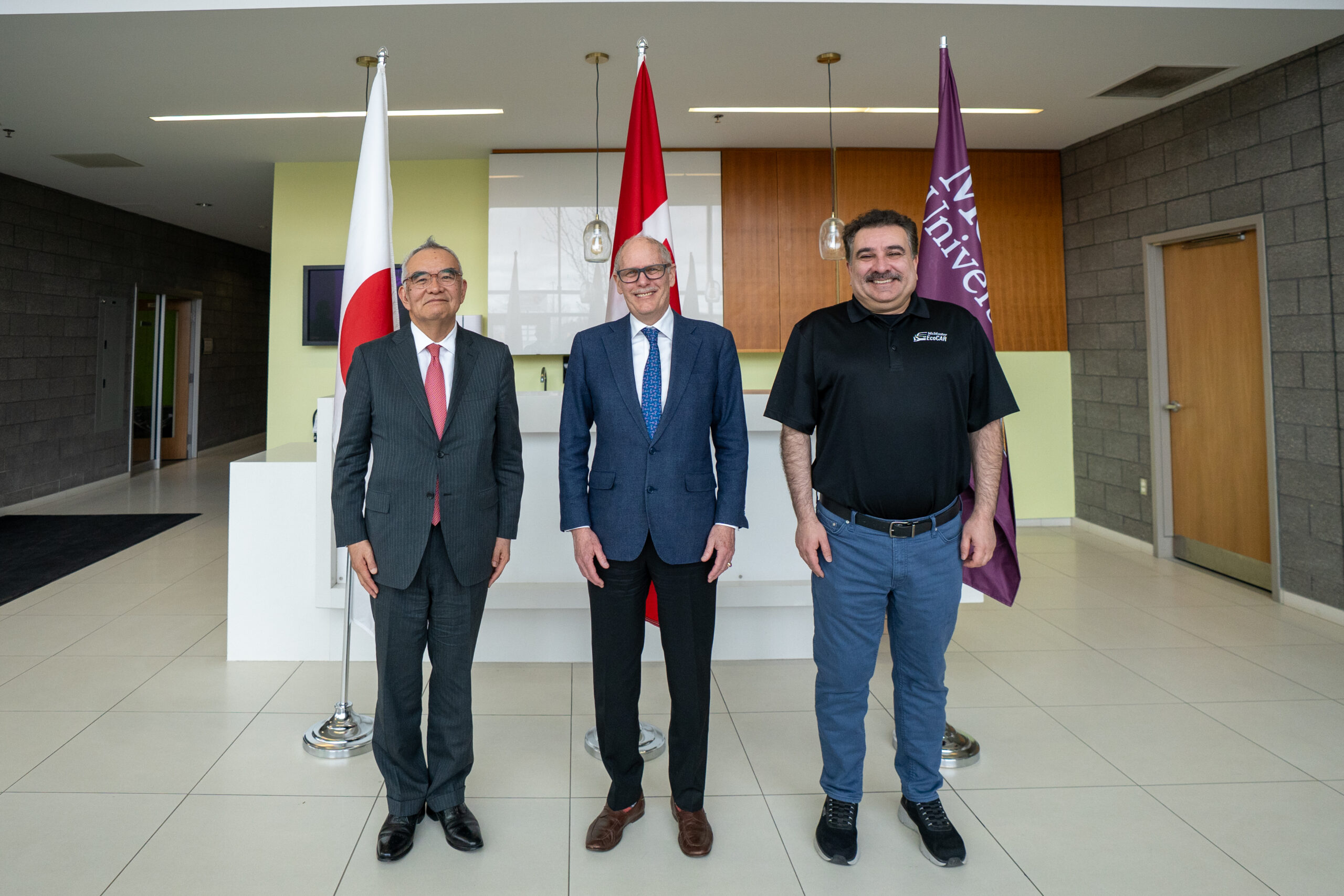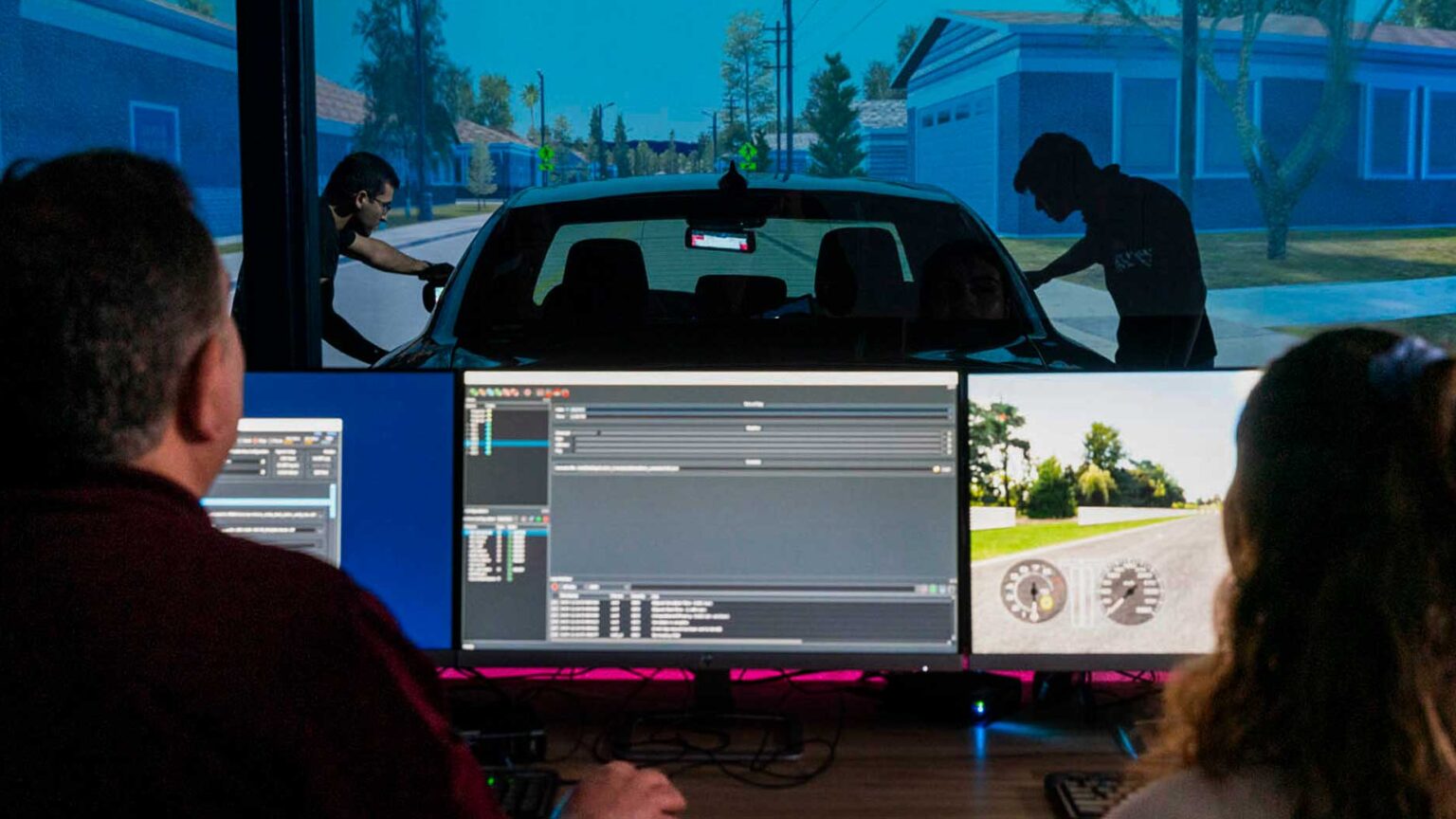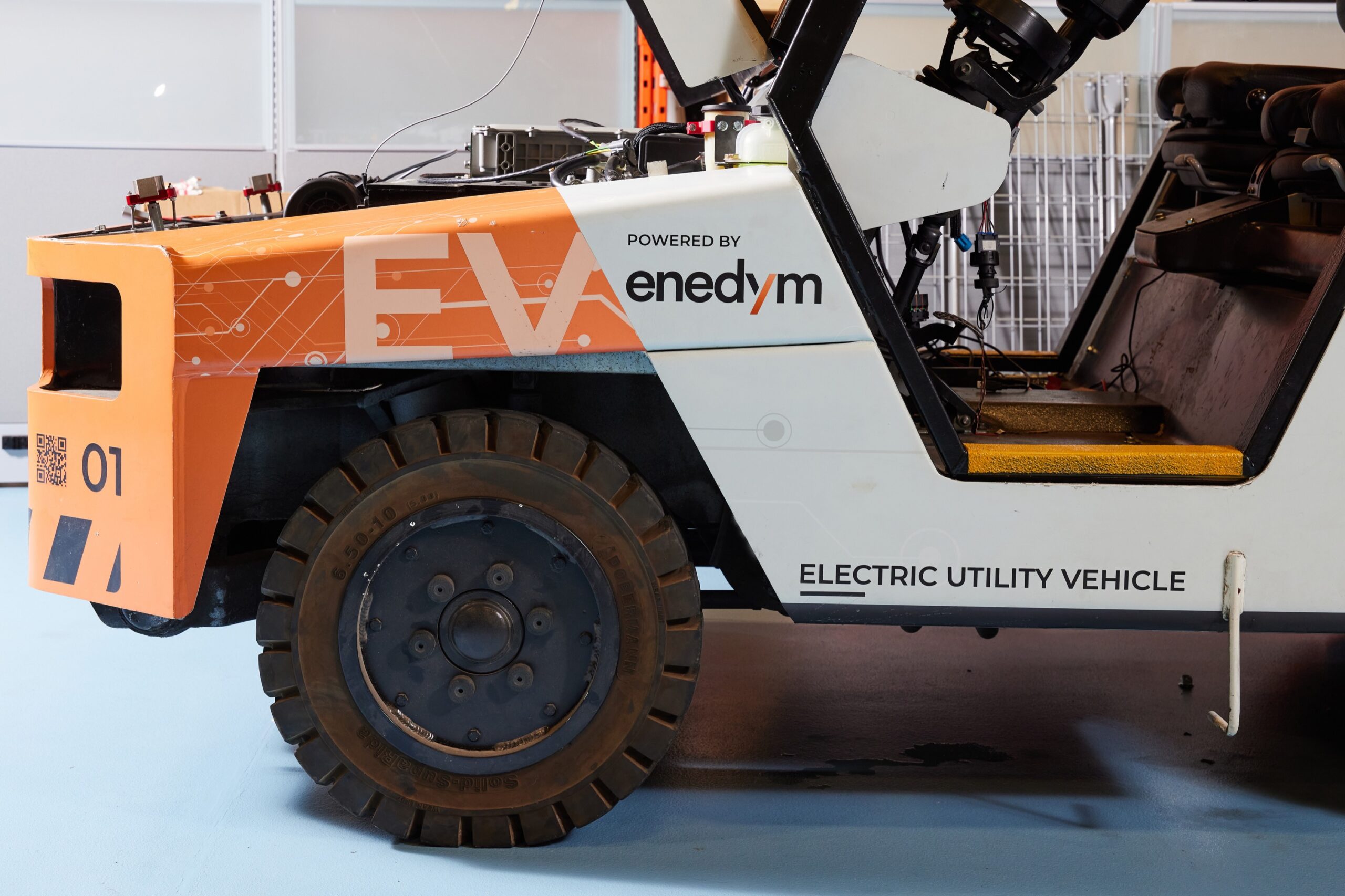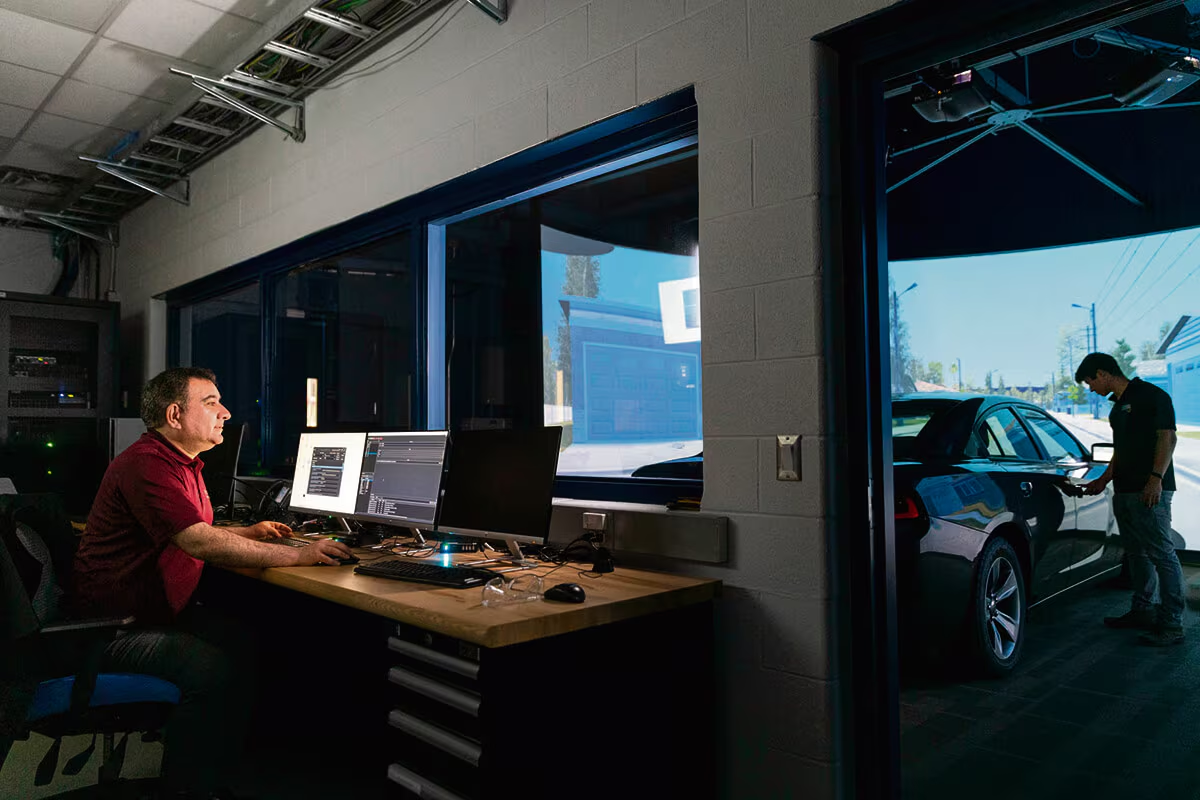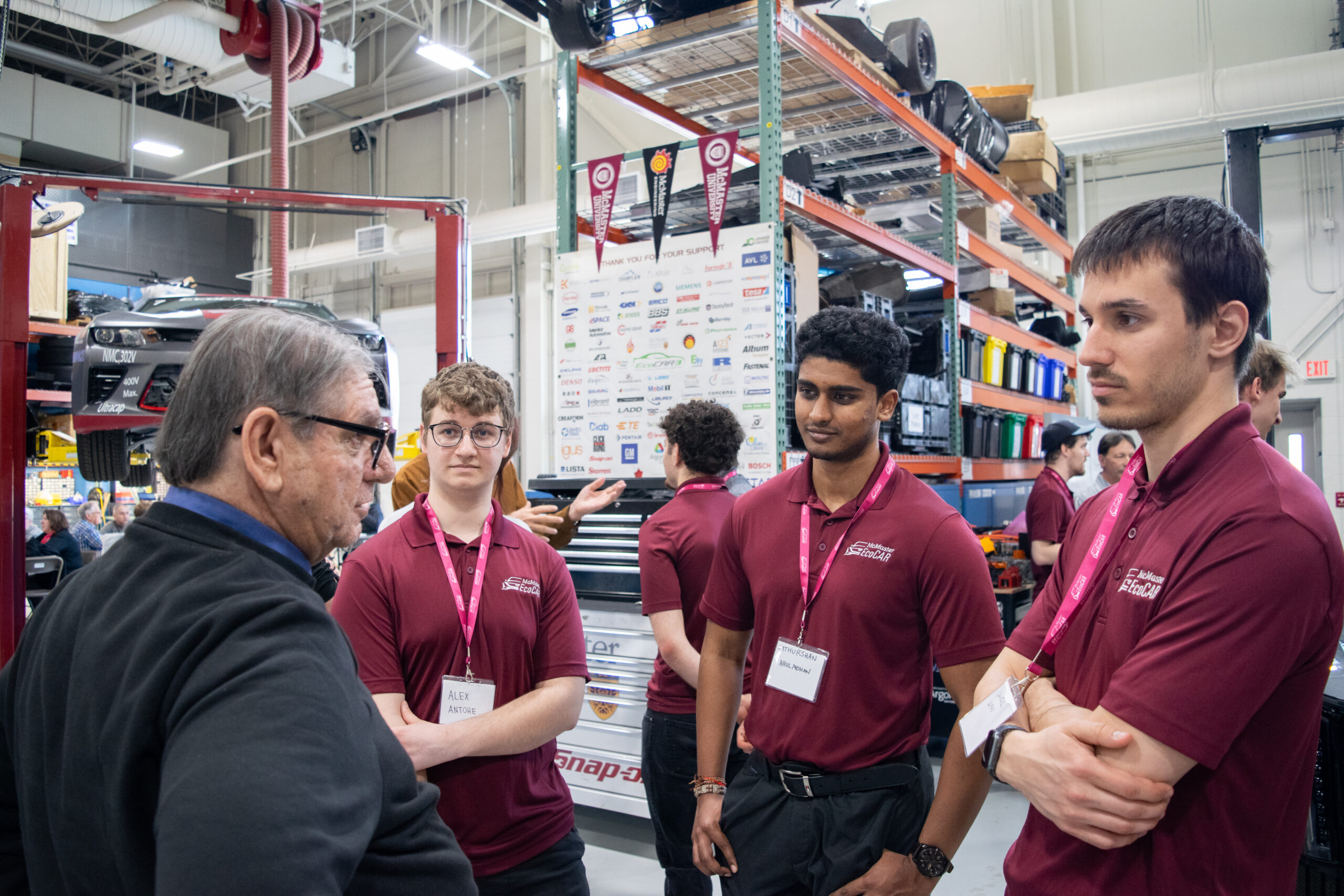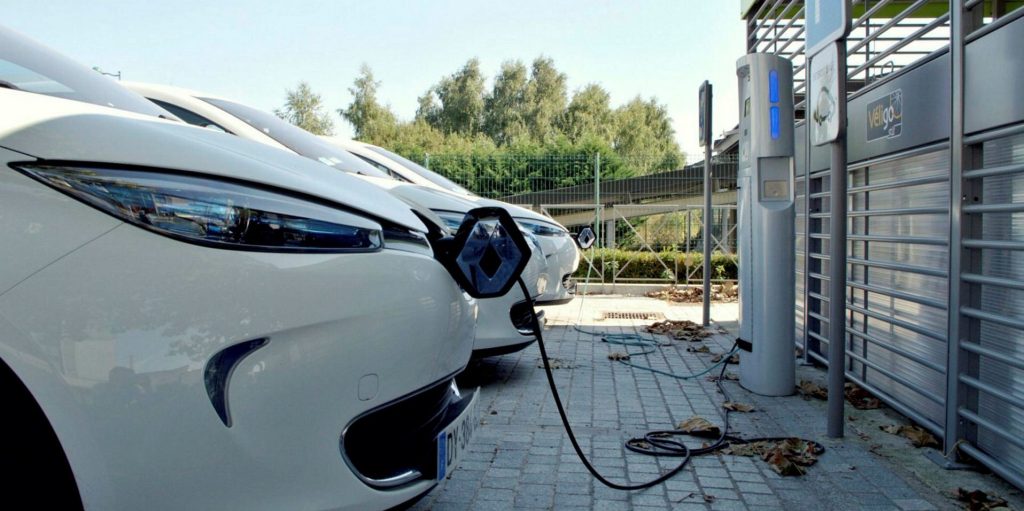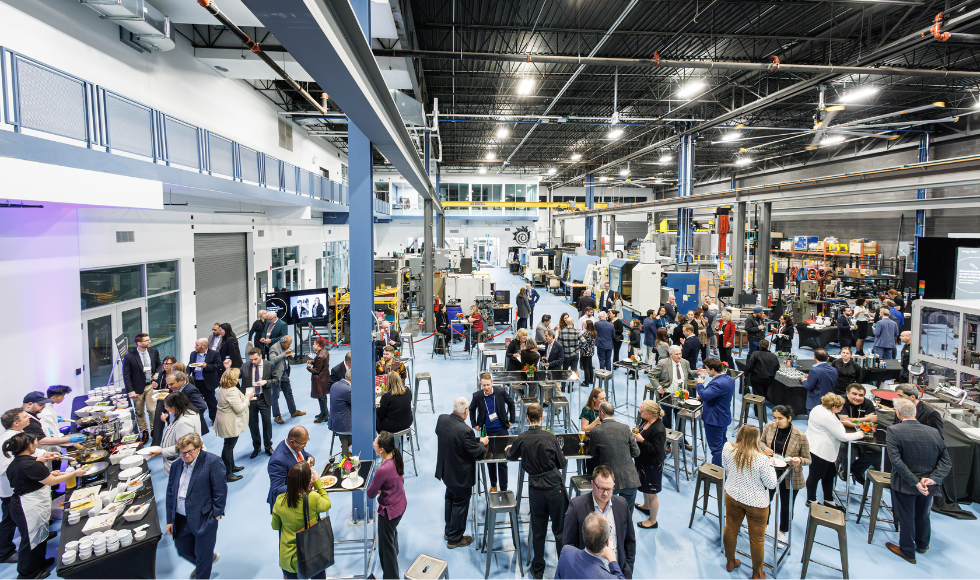Fabricio Machado received his Ph.D. in mechanical engineering from McMaster University in 2024, his MBA in project management from Fundação Getúlio Vargas in 2017, and his B.Sc. in mechanical engineering from the Universidade Federal de São João del-Rei in 2014. He began his journey at the McMaster Automotive Resource Centre (MARC) as a master’s student in 2019 and transitioned to the Ph.D. program in 2020. With over ten years of automotive experience, Fabricio has a strong background in multi-speed gearboxes for battery electric vehicles, vehicular mechanical systems, cross-functional team leadership, powertrain development, and vehicle dynamics. He has held roles as Design System Engineer and Assistant Chief Engineer at Stellantis South America. He also served as Project Manager for the McMaster Engineering EcoCAR Team.
Fabricio is currently Senior Principal Research Engineer at McMaster University/MARC. He leads a team of more than 35 Ph.D., master’s, and undergraduate students on one of MARC’s largest projects with Stellantis. This work focuses on advanced vehicle electrification, including electric powertrains, energy storage systems, electric machine design, motor controllers, power electronics, software, and artificial intelligence. He also coordinates three dynamometer testing cells for hardware-in-the-loop implementation: an A&D three-machine dynamometer, an AVL high-speed dynamometer, and an AVL chassis dynamometer. His research includes vehicle and gearbox modelling to assess power losses, supporting the development of more efficient drivetrains for next-generation electric vehicles.
Full Profile
Fabricio Machado is a mechanical engineer specializing in electric vehicle powertrains. He earned his B.Sc. in mechanical engineering from the Universidade Federal de São João del-Rei in Brazil. He later completed an MBA in project management from Fundação Getúlio Vargas in 2017. In 2024, he received his Ph.D. in mechanical engineering from McMaster University. His doctoral work focused on multi-speed gearboxes for battery electric vehicles.
Fabricio has more than ten years of automotive experience. He has developed strong skills in project management, team leadership, and advanced engineering design. His work aims to improve energy efficiency and vehicle dynamic performance. He remains dedicated to advancing cleaner and more sustainable transportation technologies.
Fabricio began his career at Stellantis South America. He first worked as Design System Engineer and later as Assistant Chief Engineer. In these roles, he co-managed multi-fuel internal combustion engine projects with large budgets. He introduced strategies that improved engine performance and efficiency. His use of Scrum methods reduced rework and lowered development costs. He also strengthened collaboration between design, production, and quality teams.
In 2019, Fabricio joined the McMaster Engineering EcoCAR Team as project manager. The team competed in the EcoCAR Challenge, a leading North American vehicle technology competition. He created a detailed risk management plan for selecting a hybrid powertrain architecture. He also built a decision-making framework based on competition goals and market needs. This role showed his ability to lead complex projects and deliver reliable outcomes.
As a Ph.D. researcher at the McMaster Automotive Resource Centre (MARC), Fabricio focused on electric powertrain architectures. He studied how multi-speed gearboxes can improve EV energy efficiency. Under the supervision of Dr. Ali Emadi, he gained experience in hardware-in-the-loop testing and full powertrain evaluation. He also developed models to predict vehicle and gearbox power losses. His research produced several high-impact publications in automotive engineering.
Fabricio now serves as Senior Principal Research Engineer at McMaster University/MARC. He leads a multidisciplinary team of more than 35 Ph.D., master’s, and undergraduate students. The team works on one of MARC’s largest electrification projects in partnership with Stellantis. His research covers electric powertrains, energy storage systems, electric machines, motor controllers, power electronics, and software and artificial intelligence.
He also oversees three dynamometer testing cells used for hardware-in-the-loop implementation. These include an A&D three-machine dynamometer, an AVL high-speed dynamometer, and an AVL chassis dynamometer. Through his leadership and technical expertise, Fabricio supports the development of efficient and innovative drivetrains for future electric vehicles.

